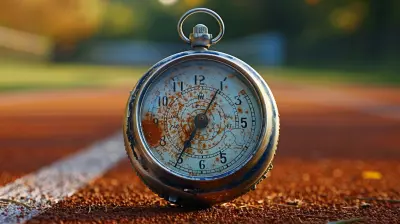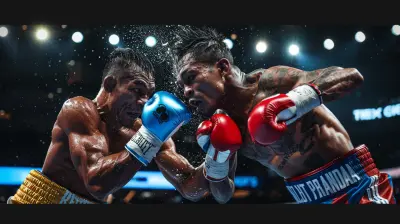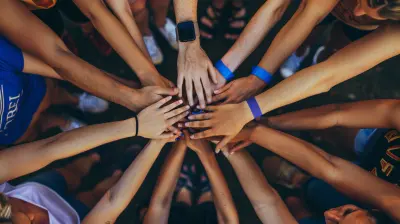The Importance of Teamwork in Olympic Team Sports
26 August 2025
There’s just something magical about the Olympics, right? The adrenaline, the passion, the tears, and the triumphs—it's like watching poetry in motion. But behind every gold medal, behind every thrilling goal or last-second buzzer beater, there's one thing that ties it all together: teamwork. Seriously, you’ll find it at the heart of every Olympic team sport, whether it's basketball, soccer, volleyball, or even synchronized swimming.
So, why is teamwork so crucial in Olympic-level team sports? Well, grab your favorite sports drink and let’s dive into the heart of what makes athletes not just play together, but win together.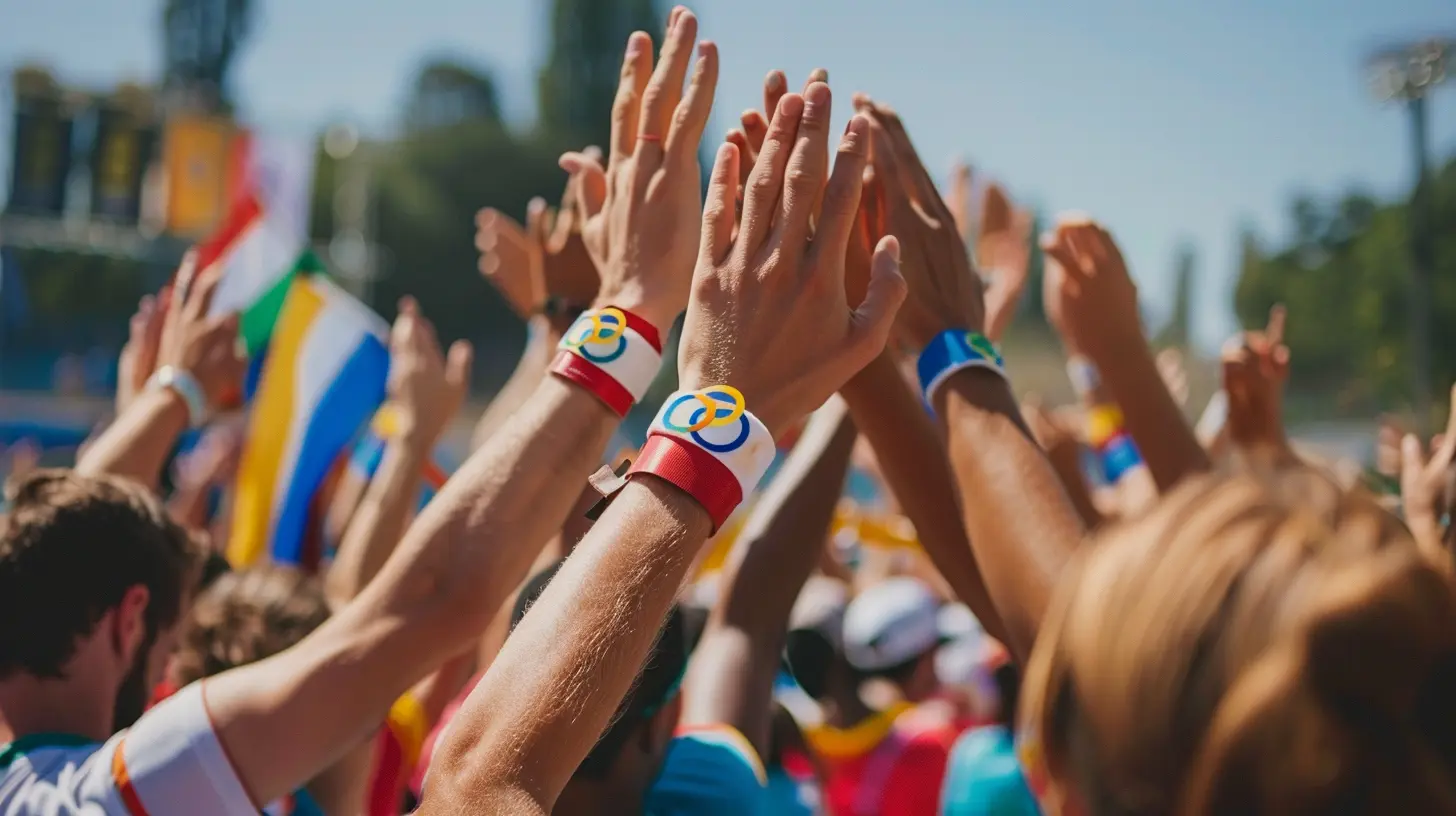
Why Teamwork Is the Real MVP
No matter how talented an athlete is, they can’t win team sports alone. You could have the world’s fastest soccer striker or the tallest basketball center, but if the rest of the team isn’t in sync, it’s like trying to row a boat with one oar—you’re just going in circles.At the Olympic level, the stakes are higher than ever. Athletes are not only representing themselves; they’re carrying the pride of their country. And to get to the podium, they need more than just skill. They need trust, communication, and chemistry. In a word? Teamwork.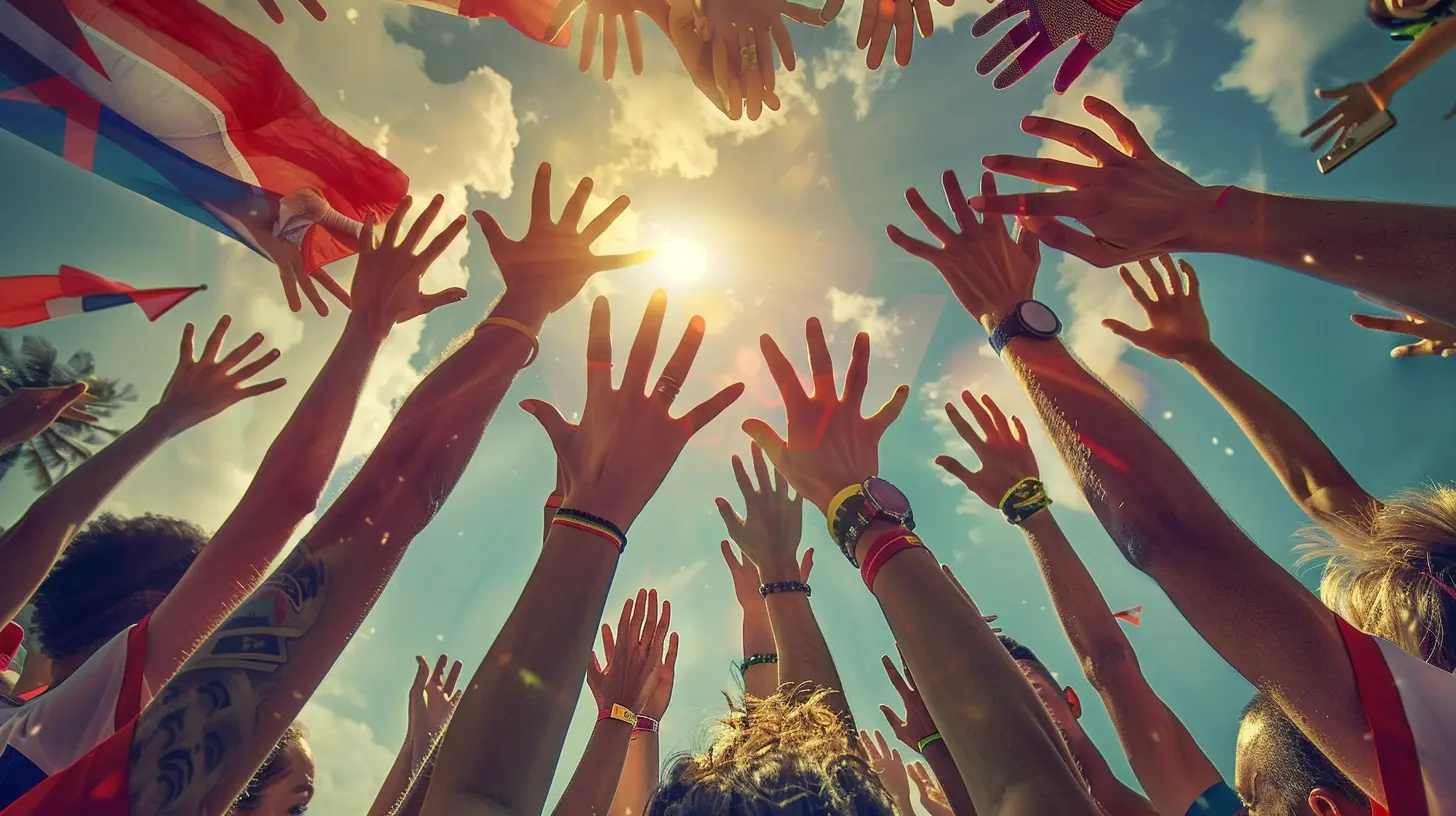
Communication: The Secret Sauce of Success
Let’s face it—none of us are mind readers. That’s why communication is the bedrock of any successful team. Whether it’s a quick shout during a fast break or a subtle hand signal in volleyball, on-the-fly communication makes or breaks a play.Think about water polo for a second. These athletes are treading water, scanning for passes, defending fiercely, and trying to score—all at once. That kind of coordination doesn’t happen by accident. It takes hours of practice and near-telepathic communication.
Great teams don’t just talk. They listen. They adapt. They react in real-time. That’s true connection right there.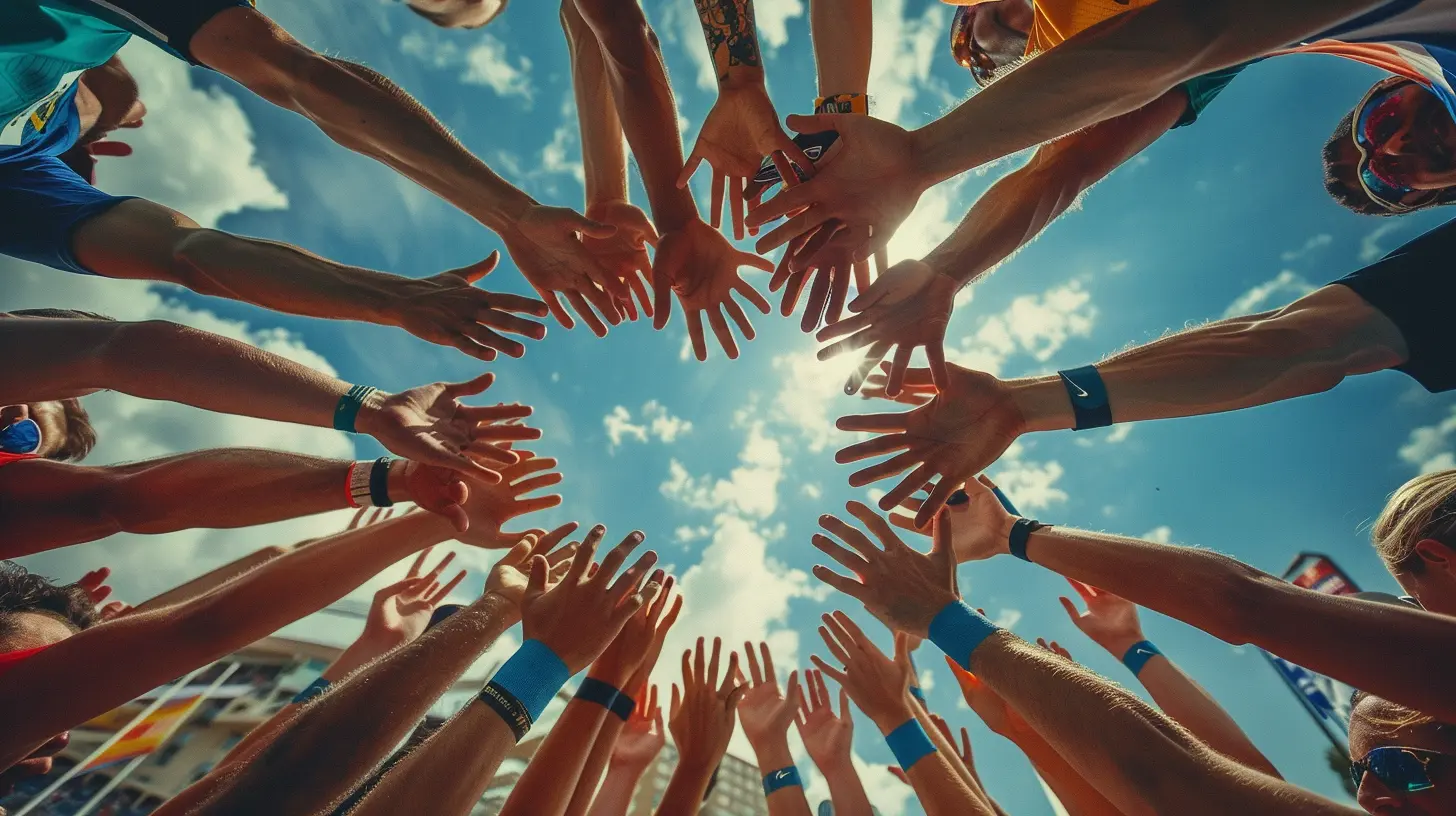
Trust: The Glue That Holds It All Together
Imagine running down the court on a fast break. You look back, throw a no-look pass, and bam—your teammate catches it and scores. That’s not luck. That’s trust.Olympic athletes have to believe 100% that their teammates will be where they’re supposed to be, doing what they’re supposed to do. That kind of trust doesn’t come overnight. It’s built through years of training camps, international tournaments, and grueling practices.
Without trust, a team is just a group of individuals. But with trust? They become a force of nature.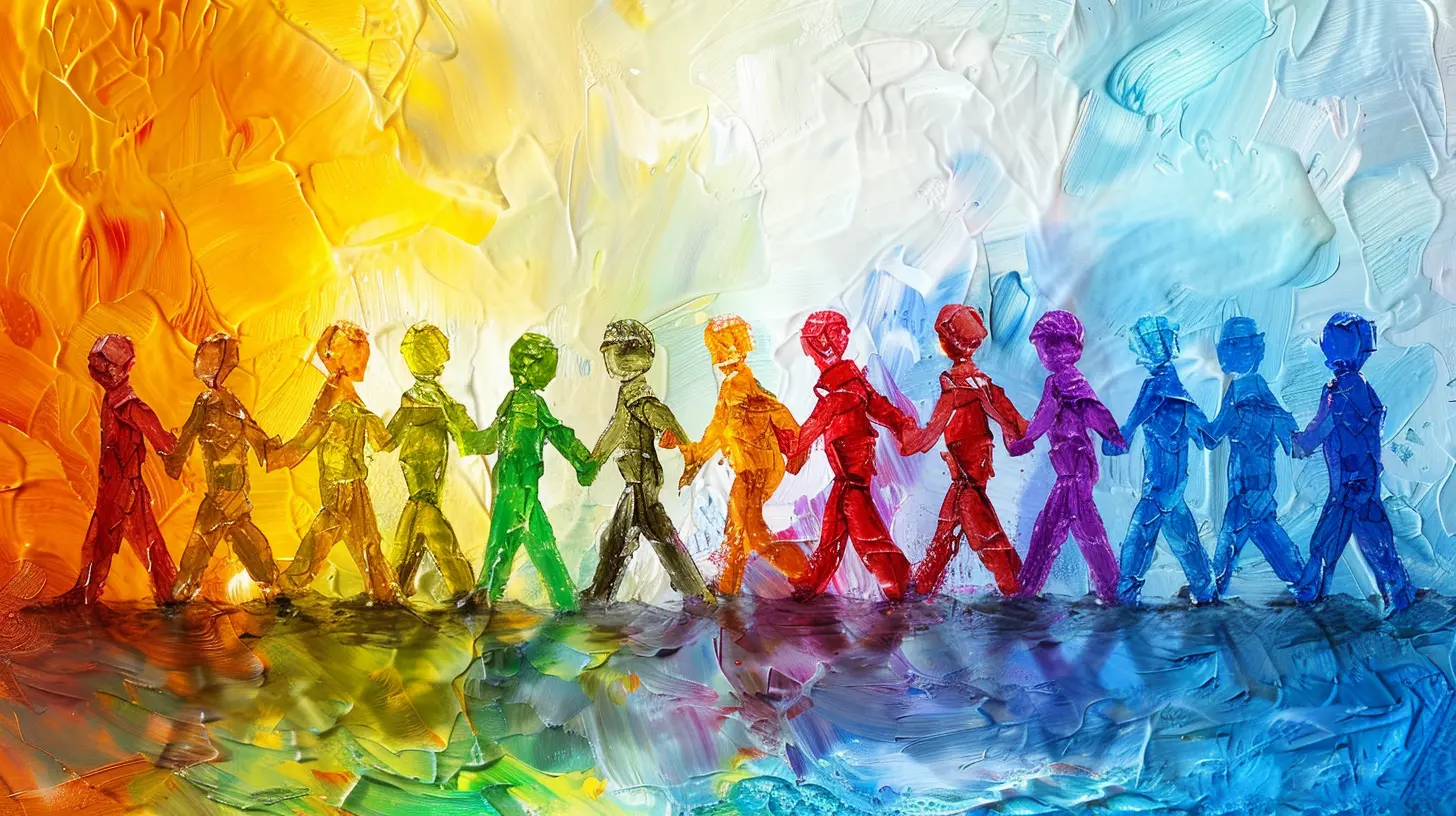
Shared Goals: One Dream. One Team.
Here’s the thing about team sports—you succeed together, or you fall together. That’s why shared goals matter so much. Unlike individual sports where an athlete might focus solely on personal bests or records, team sports revolve around a unified vision: winning as one.Every practice, every drill, every late-night team meeting feeds into the same dream—standing on that Olympic podium with your teammates, hearing your national anthem play. That vision is powerful. It fuels sacrifices, pushes boundaries, and silences egos. When every player buys into the dream, magical things happen.
Roles and Responsibilities: Everyone Matters
Ever heard the saying, “There’s no ‘I’ in team?” Well, in Olympic team sports, there’s ALSO no room for freelancing. Each player has a specific role. Some score, some defend, some lead, and some do the dirty work that rarely gets noticed.Take hockey, for example. The forwards might get the glory with goals, but without rock-solid defense and a fearless goalie, there’s no chance at victory. Similar in basketball—sure, the top scorer gets the headlines, but it’s the screen-setters, rebounders, and defenders who win championships.
Great teams respect each role. They know that even the bench players are critical. Everyone counts.
The Power of Chemistry
You can’t fake chemistry. Teams that win Olympic medals often talk about how they "clicked"—like they just knew each other’s moves without thinking. That level of connection doesn’t come from talent alone; it comes from shared experiences, emotional intelligence, and yes, even setbacks.Chemistry grows through locker-room talks, shared victories, and heartbreaking losses. It’s the invisible thread that weaves individual athletes into a single, unstoppable unit.
Overcoming Adversity—Together
Let’s not sugarcoat it—Olympic sports are tough. Injuries happen. Teams fall behind. Opponents trash-talk. In those dark moments, what pulls a team through isn’t just skill. It’s unity.A great example? The U.S. women’s gymnastics team in Rio 2016. When one team member faltered, the rest stepped up without hesitation. They didn’t point fingers—they had each other’s backs. That’s what teamwork looks like in hard times.
Great teams turn struggle into strength. They lift each other up, literally and emotionally.
Leadership: It’s More Than Wearing the Captain’s Armband
Leadership in team sports isn’t just about giving locker-room speeches or calling plays. It’s about setting the tone every single day. Leaders show up early, give their all, and make everyone around them better.But here's the kicker: leadership doesn’t always come from the oldest or most talented player. Sometimes the quietest teammate leads by example. Other times, it’s the relentless hustle from the benchwarmer that ignites the team.
Great Olympic teams have leaders all over the court or field—not just one.
Team Spirit: The X-Factor You Can’t Measure
You can’t quantify it. Coaches try. Analysts love discussing it. But team spirit is that intangible energy that lifts a team beyond their limits. It’s the high-fives after missed shots. It’s the dancing in the locker room. It’s the belief that “we got this,” even when the scoreboard says otherwise.Team spirit turns underdogs into legends. And in the Olympics, where history is written in moments, it makes all the difference.
Training Together, Winning Together
Let’s not forget what goes on behind the scenes. Olympic teams train for years—yes, years—to build rhythm and unity. They sweat together, travel together, endure grueling camps together. Those long hours breed familiarity and resilience.They know each other’s quirks and cues. They joke around, push each other, and sometimes argue—like family. But when they walk into that Olympic arena, they’re more than prepared. They’re bonded.
Cultural Unity: Strength in Diversity
One of the coolest things about Olympic teams? They often bring together athletes from different regions, backgrounds, and cultures. And yet, when they put on that national jersey, they become one.Learning to respect and understand each other’s differences strengthens the team as a whole. It brings perspective, compassion, and a shared sense of purpose.
Diverse perspectives lead to diverse strategies. And that can be a game-changer.
Legacy: The Impact Beyond the Game
Winning medals is awesome, no doubt. But Olympic teamwork creates legacies that go way beyond the final score. It inspires kids watching at home. It reminds nations of what’s possible when people work together toward a common goal.Think about the 1992 U.S. Men’s Basketball “Dream Team.” Their dominance wasn’t just about talent—it was about a dream shared by 12 mega-stars who checked their egos to bring home gold. Or the miracle of Lake Placid in 1980, when a bunch of young American hockey players defied the odds and beat the Soviet Union with sheer heart and teamwork.
These stories last forever. They become more than sports—they become inspiration.
Final Whistle: Teamwork Is the True Gold
So, whether you're a budding athlete, an Olympic hopeful, or just someone who loves watching the games, remember this—teamwork isn’t just a buzzword in sports; it’s the heartbeat of every winning team. It’s what turns pressure into poise, mistakes into magic, and good teams into great ones.The importance of teamwork in Olympic team sports isn't just about passing the ball or setting up a spike. It's about believing in each other, working for each other, and celebrating every win—big or small—together.
Because at the end of the day, the best teams don’t just play as one. They are one.
all images in this post were generated using AI tools
Category:
OlympicsAuthor:

Onyx Frye
Discussion
rate this article
1 comments
Penelope Hudson
Teamwork makes the dream work!
September 16, 2025 at 4:53 AM

Onyx Frye
Absolutely! Teamwork is essential in Olympic sports, where collaboration and trust drive success and elevate performance.
